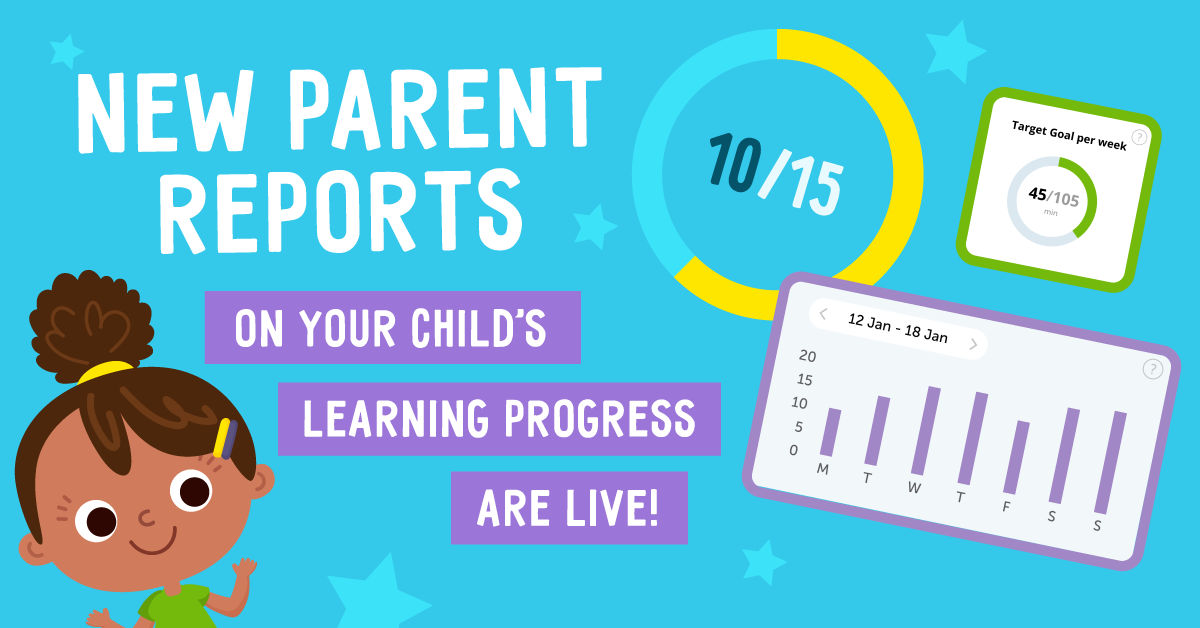Financial literacy Worksheets for Ages 3-9
6 filtered results
-
From - To
Discover essential financial literacy worksheets for children ages 3-9! Our engaging resources help young learners develop foundational money concepts through fun activities. Designed to foster early financial understanding, these worksheets cover topics like counting money, identifying coins, budgeting basics, and the importance of saving. With colorful illustrations and interactive tasks, kids will enjoy exploring financial principles while enhancing their math and critical thinking skills. Ideal for both home and classroom use, our worksheets aim to inspire a positive attitude towards money management, setting the stage for a lifetime of financial wellness. Start your child's financial journey today!
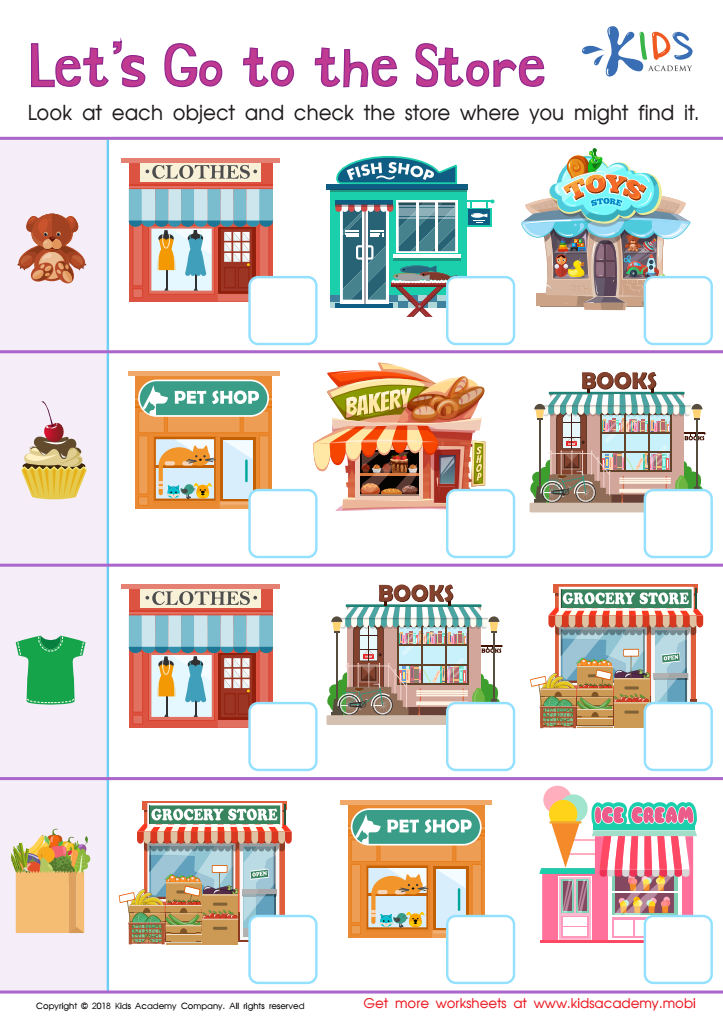

Let's Go to the Store! Worksheet
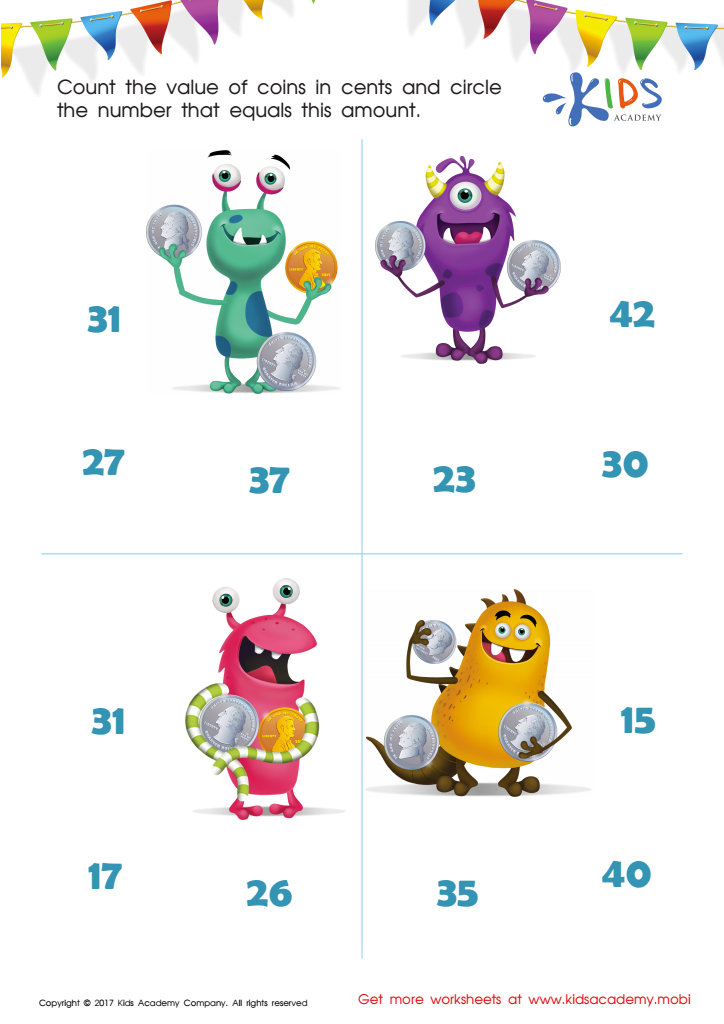

How Many Coins Money Worksheet
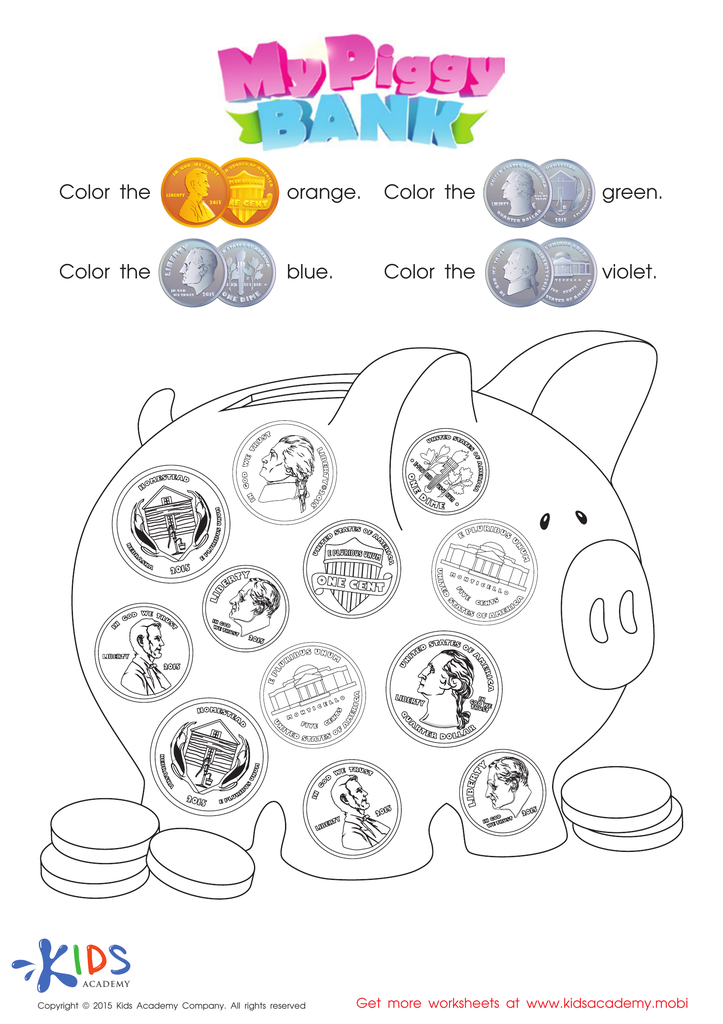

Recognizing Money Money Worksheet
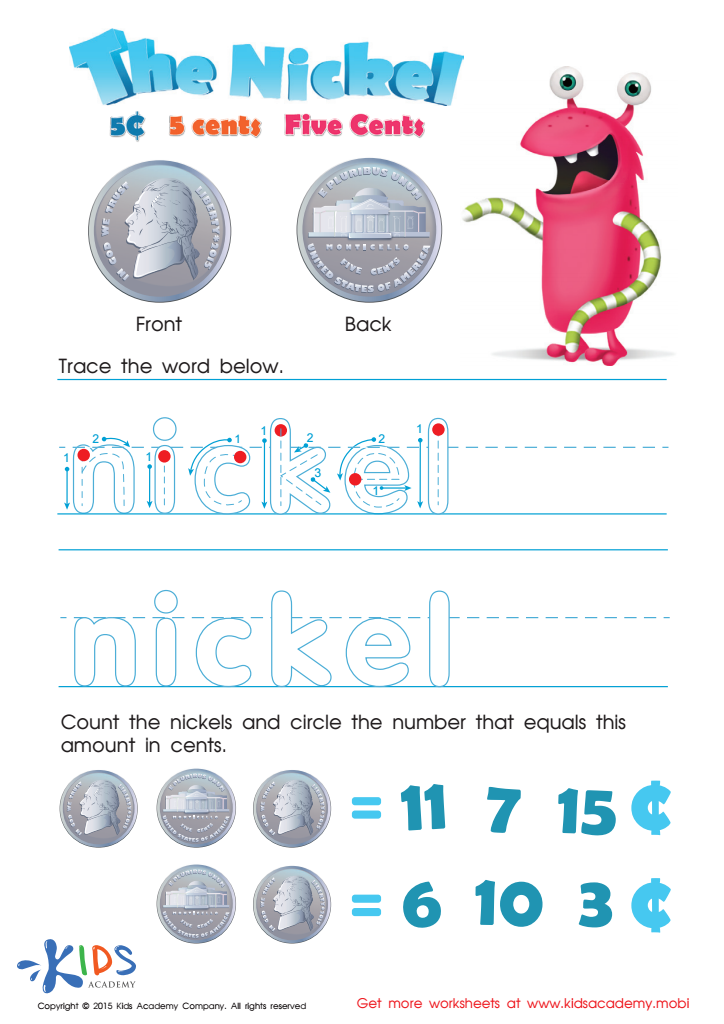

Five Cents or the Nickel Money Worksheet
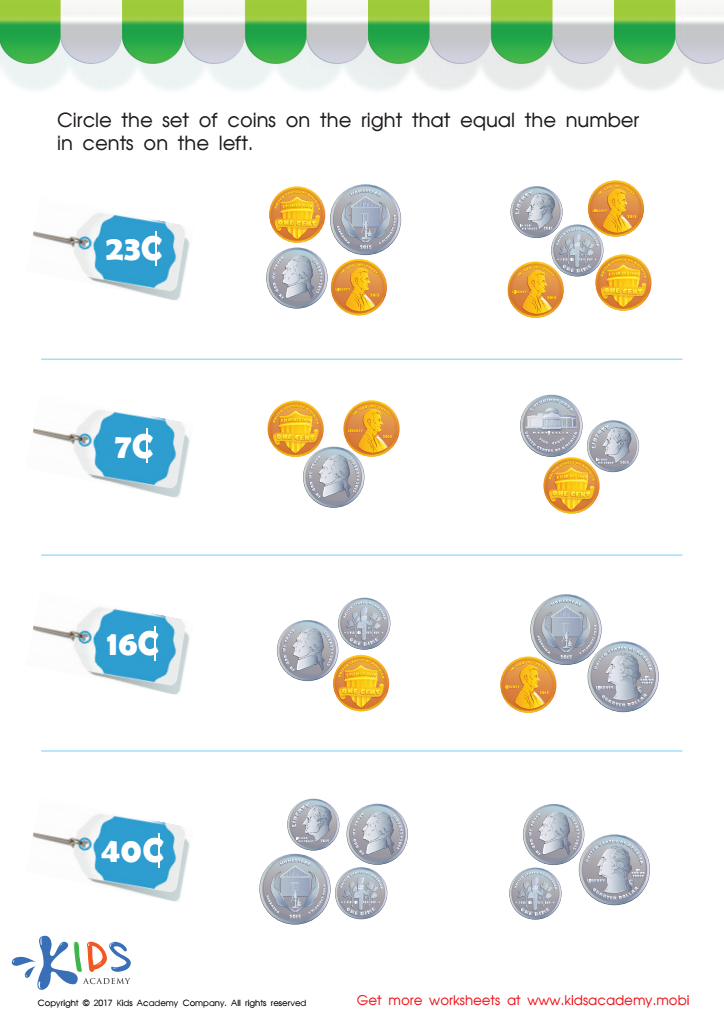

Picking the Coins You Need Money Worksheet
Financial literacy is crucial for children aged 3-9, as it lays the foundation for responsible money management in their future. At this early age, children are like sponges, absorbing information from their environment, making it an opportune time to introduce concepts of saving, spending, and sharing. By instilling these important lessons early on, parents and teachers can help children develop positive financial habits and attitudes.
Understanding money helps children grasp the value of resources and makes them aware of needs vs. wants, fostering critical thinking. Simple activities, such as using play money in games or through storytelling, can engage children while teaching them essential budgeting skills and the importance of setting goals. Moreover, financial literacy contributes to overall self-efficacy, as children learn to make informed decisions, navigate life's challenges, and develop resilience.
Additionally, financially literate children are more likely to carry these skills into adulthood, reducing the risk of future financial struggles. Ultimately, nurturing financial literacy in young children empowers them, enabling them to approach finances wisely and confidently, creating a more secure and stable future for themselves and their families. Hence, the role of parents and teachers in fostering this skill is invaluable.

 Assign to My Students
Assign to My Students








